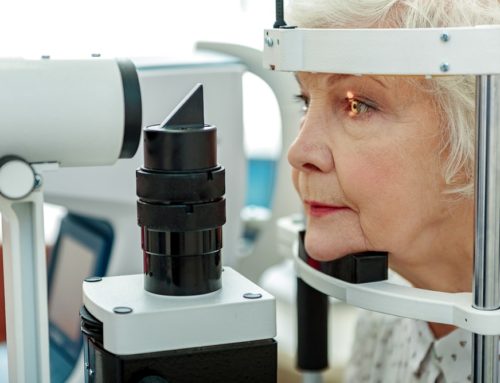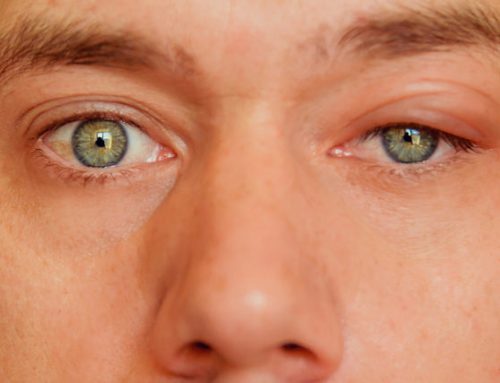Could I have a retinal problem if my vision is blurred?
The retina is a highly sophisticated part of the back of the eye that is stimulated by light from around us. The images constructed from this light allow us to see the finest of detail and beautiful colours when it is working well.
Blurred vision can be due to a problem with the retina so if you ever experience an acute change in the vision you should have an urgent eye examination.
General blur, especially if you already wear glasses, may just mean that you need to update your prescription or you may have cataracts.
If you notice that your vision is distorted, straight lines look kinked or there is a central greyness it is highly likely that there is a problem with the central retina. Blood or fluid can gather in or underneath the retina distorting it and causing this type of blurred vision. This needs urgent expert assessment and treatment. There are many underlying conditions that can affect the retina regardless of age but a prompt and accurate assessment is key.
Blurred vision: a possible sign of retinal problems
Diabetes, retinal detachments, age-related macula degeneration, retinal or macular oedema all cause blurred vision and are not cured by a new glasses prescription.
A full assessment of the back of the eye is the best way to evaluate a retinal problem. You may need an OCT scan of the back of the eye. An OCT scan produces a highly detailed image of the retina. It is useful to confirm a diagnose when we look examine your eye. It is also very helpful in monitoring your response to treatment. It is quick to do, painless and you don’t always need to have dilating drops to enlarge the pupils.
If you notice new or acute blurring or distortion of your vision in between your routine eye tests, don’t ignore it. An eye examination will give you peace of mind or facilitate urgent treatment to restore your vision if we find a problem. An eye examination takes 20-30 minutes, a small amount of time if it saves your vision.








Leave A Comment